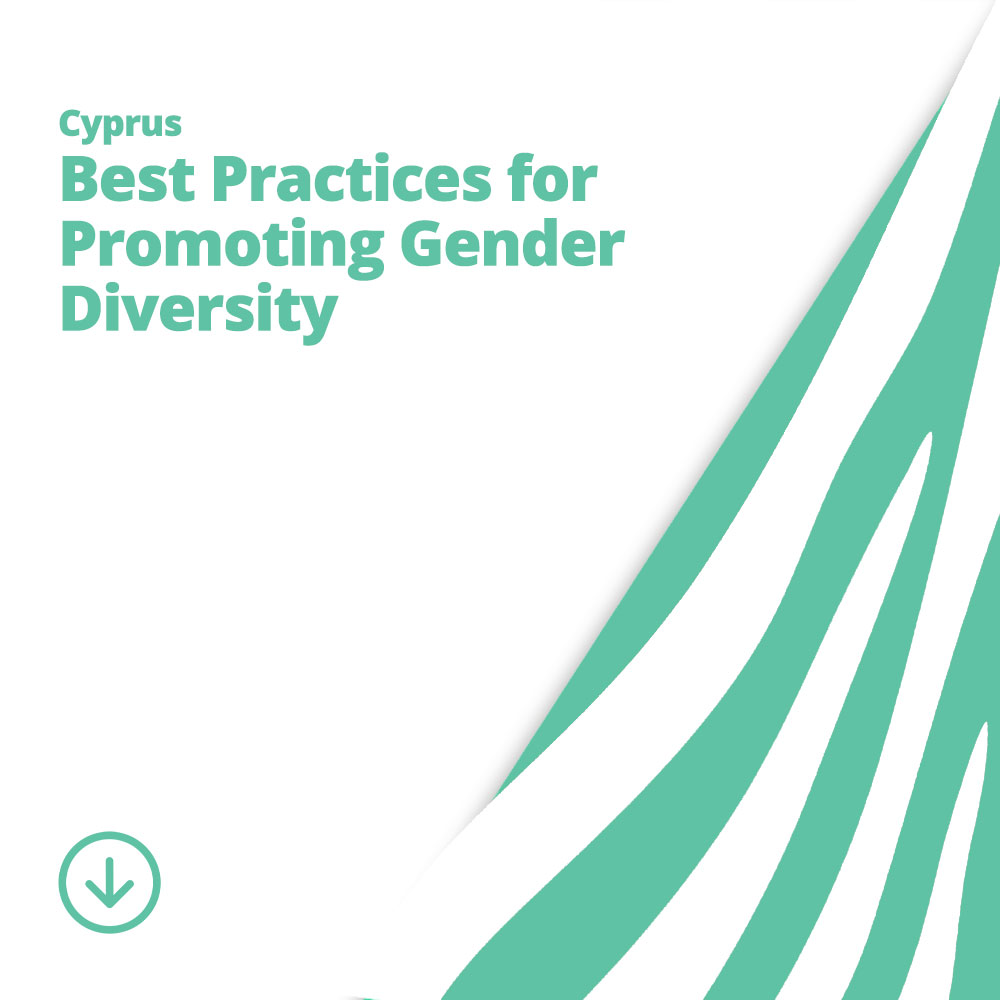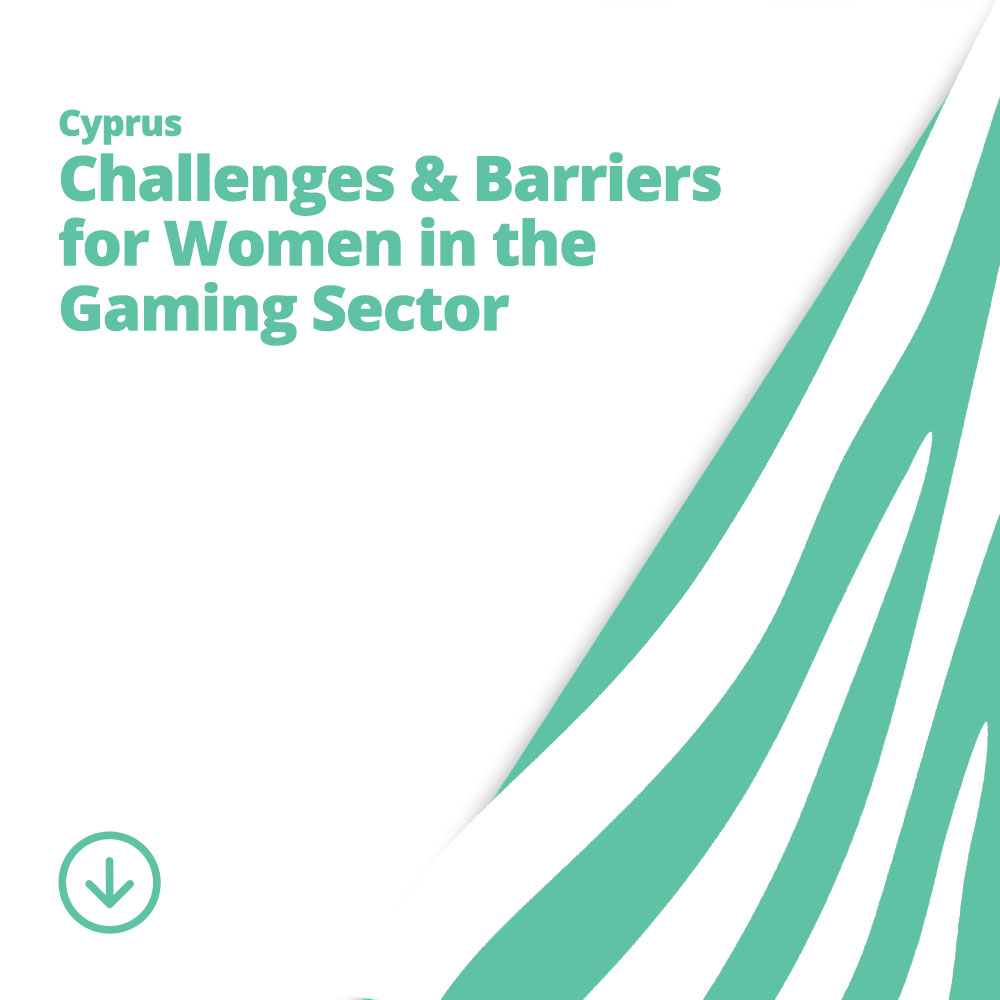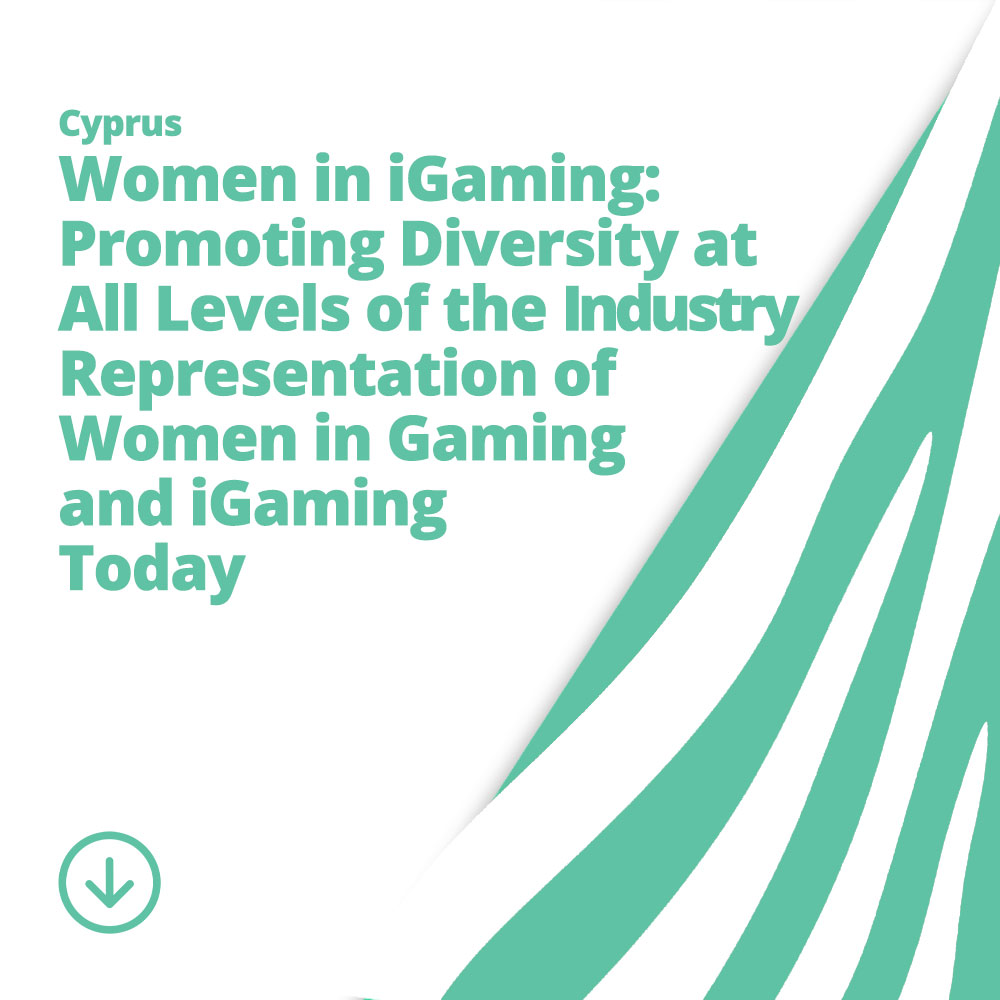The push for gender diversity in gaming is a global trend, but its manifestations vary by region:
- United Kingdom: The UK has been a frontrunner in both game development and online betting, and similarly is proactive on diversity. The UK games sector’s 2022 census (conducted by Ukie) showed women at 30% of the workforce linkedin.com – a slight improvement, but still prompting initiatives like RaiseTheGame to drive further change. Many UK studios (from indies to giants like Rocksteady or King) have diversity hiring initiatives and partnerships with groups encouraging girls in STEM. In the gambling industry, several UK-based firms are led by women (for example, Denise Coates of Bet365 is famously one of the most successful women in tech). The UK also benefits from broader corporate governance norms favoring board diversity – the FTSE 350 companies overall surpassed 40% women on boards in 2022. Within gambling, the industry association (BGC) has launched mentoring schemes and events such as the annual “Young Women in Gaming” networking day. Moreover, UK regulators have hinted that a more diverse industry is part of building a more sustainable, consumer-friendly gambling sector. The conversation in Britain has matured to not just counting women but amplifying their influence – e.g. female executives often feature in panel lineups at major UK conferences like ICE and EIG, ensuring women’s perspectives shape the narrative on industry issues.
- Wider Europe: Continental Europe’s gaming hubs (France, Sweden, Finland, Germany, etc.) each have their own dynamics. Nordic game companies tend to have higher female participation (some Swedish studios approach 50% female employees in non-tech departments), bolstered by strong national gender equality norms. France, as noted, improved to ~24% women in games techxplore.com, and its government has been pressuring industries to hire more women in digital fields. The EU’s legislative approach (the Women on Boards directive) is a major driver: by mid-2026, many gaming firms across Europe will need to have 40% female boards allindiversityproject.com or risk sanctions, effectively fast-tracking female leadership appointments. In iGaming, Malta has been a central hub – while exact stats are hard to find, industry observers note that Maltese iGaming firms have significant female representation in areas like compliance, payments, and HR, though less so in product and tech. Pan-European bodies like the European Gaming and Betting Association (EGBA) have also started addressing diversity as part of industry responsibility. In 2024 the EGBA released key figures highlighting the need for more inclusion in online gambling, aligning with the All-In Diversity Project’s findings luckyladygames.com. Overall, Europe is moving toward a more regulated and transparent approach to diversity: companies not only have to improve (by law or investor expectation), but many genuinely see it as central to innovation. For example, executives at firms like Ubisoft have stated that building games for a global audience requires diverse creators – linking diversity directly to creative success moonshot.news.
- Cyprus and the Mediterranean: Cyprus is an emerging player in the iGaming and tech scene, often grouped with the broader European trends but with some local context. The country hosts a growing number of iGaming companies (sports betting, software providers, etc.) thanks to favorable business conditions. With this growth, Cypriot stakeholders have increasingly acknowledged the importance of diversity. The Cyprus Gaming Show 2025 dedicating a panel to women in iGaming linkedin.com is a testament to that. Local industry leaders like Donna Stephenson of recruiting firm Emerald Zebra and others are actively championing the cause by connecting qualified women to gaming companies. Additionally, Cyprus’ regulators and government have participated in EU initiatives – the presence of a female Chair at the National Betting Authority was a strong signal that women have a seat at the table in guiding the industry’s future. Regional conferences (e.g. SIGMA Balkans/CIS) held in Cyprus have included discussions on empowering women in tech and gambling, sharing insights with neighboring markets. While hard data on Cypriot women in gaming is scant, anecdotal evidence suggests women are making strides especially in areas like legal, compliance, and marketing within Cypriot iGaming firms. Culturally, there is still work to be done in Southern European contexts to overcome traditional gender norms in tech, but younger generations in Cyprus (where women attain high levels of education) are poised to take on more industry roles if given the opportunity. As Cyprus cements its status as a tech and iGaming hub, diversity will likely be a part of its value proposition – creating modern, inclusive workplaces that attract international talent, both female and male.
In all these regions, one common thread is clear: collaboration and knowledge-sharing are key. European and UK organizations frequently exchange best practices (for instance, UK’s Women in Games has partnerships with groups in France and Spain). Cyprus benefits from being plugged into these global networks due to the international nature of the iGaming business there. By learning from each other’s successes, be it a Swedish firm’s parental leave policy or a UK company’s mentorship program the industry as a whole in Europe is slowly but surely becoming more diverse.
Conclusion
From Las Vegas boardrooms to European indie studios to emerging hubs like Cyprus, the message is increasingly unequivocal: the future of gaming and iGaming must be diverse and inclusive if it is to thrive. The last two years have underscored both the challenges and the opportunities in achieving gender diversity. On one hand, women remain underrepresented, face systemic barriers, and even saw representation gains stall in some segments. On the other hand, there is more momentum than ever before – more data to illuminate the issues, more initiatives tackling the problem from multiple angles, and more women rising into influential roles, proving by example that equality is possible.
Crucially, promoting diversity is not just an ethical imperative but a business one. An industry built on creativity, innovation, and understanding player behavior simply cannot afford to leave out half the population’s talent and perspectives. As women contribute more – whether as game developers, data scientists, CEOs, or anything in between – companies report tangible benefits in morale, creativity and even market reach. In the words of one All-In Diversity co-founder, true inclusion requires “structural changes in the business world” soloazar.comsoloazar.com. Those changes are underway, from board quotas to grassroots mentorship circles.
For industry professionals, the task ahead is to turn ideas into action. This means not resting on token efforts or one-off initiatives, but embedding diversity into the DNA of organizations. It means leaders being accountable and employees at all levels being allies. It means continuous learning – for instance, rethinking how games are designed and marketed so they appeal and speak to everyone, which in turn requires diverse teams behind them moonshot.news. And it means celebrating successes to build momentum, while honestly confronting the work still to be done (such as closing the pay gaps and ending harassment).
In summary, the push for gender diversity in gaming and iGaming is at a hopeful yet critical juncture. The years 2023–2025 have shown that progress is achievable when there is commitment. To truly promote diversity at all levels – from the newest intern to the CEO – the industry must keep its foot on the pedal. The conversations happening today in London, Nicosia, Las Vegas and beyond are encouraging. If the industry follows through with concrete actions, we can look forward to a gaming world where opportunities are equally accessible, creativity knows no gender, and women’s contributions are valued at every level of the game.




